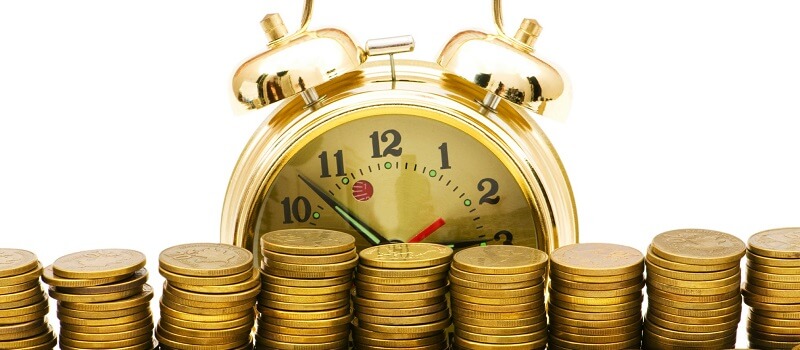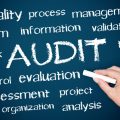You save money in various ways, and one of the most popular method is by opening Fixed Deposits with banks that pay the highest FD rates. People usually make these and other investments for the future, to create a source of funds and income for their livelihood after retirement or for their child’s education and for many other reasons.
The easiest way to do this is to go to money market websites and look at the average Fixed Deposit rates in india. Then you can choose schemes with the highest interest rate on bank Fixed Deposits and deposit funds in them. You are eligible to earn an interest on all your FDs.

Can you save on Taxes with a Fixed Deposit?
Yes, you can avail of tax savings through FDs. Section 80C offers various deductions when you pay your taxes. The total deduction you can avail in a financial year is Rs. 1.5 Lakhs. If you open a Tax-Saving Fixed Deposit with a bank or NBFC, you can use this to avail of a tax deduction under this section. These FD schemes also offer some of the best Fixed Deposit rates in india.
However, only the principal amount invested, upto Rs. 1.5 Lakhs, is eligible for this deduction. The interest accrued on this deposit is fully taxable according to your tax slab.
TDS on Fixed Deposit Interest
If you have several Fixed Deposit accounts in a bank, you will earn interest on all of them. You may have invested in different schemes like long term FDs, Special FDs where the tenure is counted in number of days, Tax-saver FDs, and Senior Citizen Schemes FDs. These schemes provide higher returns as they come with the highest FD rates.
If the total interest earned through all the FDs held in your name at a bank (not one branch, but across all branches of a bank) is above Rs. 10,000 for that financial year, the bank will deduct TDS at the rate of 10% of the interest earned.
This is only applicable for those who have given their PAN details to the bank. If you have not done so, the bank will deduct 20% of the interest earned as TDS.
How to Avoid TDS
The TDS facility is a convenience to the IT department as well as the taxpayer. It automates part of the tax payment process. All TDS done and any advance taxes paid are all recorded in the Form 26AS. Submit your PAN card details to all banks that you have an account with. They will use the PAN number to keep track of all your transactions with them. This will also help limit the TDS deduction to upto 10%.
Do you Need the Interest Payout for your Regular Expenses?
If you are in the tax-free slab, that is your entire income for the year is below the tax free limit, a TDS can be a hassle. You will have to file your tax returns and wait for the refund. Do a detailed research on the latest bank FD interest rates in India, and investing in FD schemes that provide the best Fixed Deposit rates in banks to give yourself an adequate monthly or quarterly income.
You can avoid losing money on TDS by submitting Form 15H or Form 15G. If you are a senior citizen, submit Form 15H to the bank. If you are below 60 years, submit Form 15G to the bank. Once you do this, the bank will not do a TDS on your interest earnings in the future.
Beyond TDS
If your income makes in the 20% or 30% IT bracket, and your interest earnings from FDs is over the Rs. 10,000 limit, you would then need to pay extra tax besides the TDS. If you are in the 20% tax slab, you will have to pay an additional 10% as self-assessment tax on interest income from FD.
If you are in the 30% tax slab, in addition to the TDS, you will have to pay 20% more on the income earned through the Fixed Deposit accounts.
In Conclusion
Remember, you can use Tax-saver Fixed Deposits to avail of tax deduction under Section 80C. But that is only applicable on the invested amount. The interest earned on all Fixed Deposits are taxable as Income from Other Sources. As of now, there is no special FD scheme or any provision under the IT act which will help you avoid paying tax on interest earned through Fixed Deposits.





























No Comments
Leave a comment Cancel